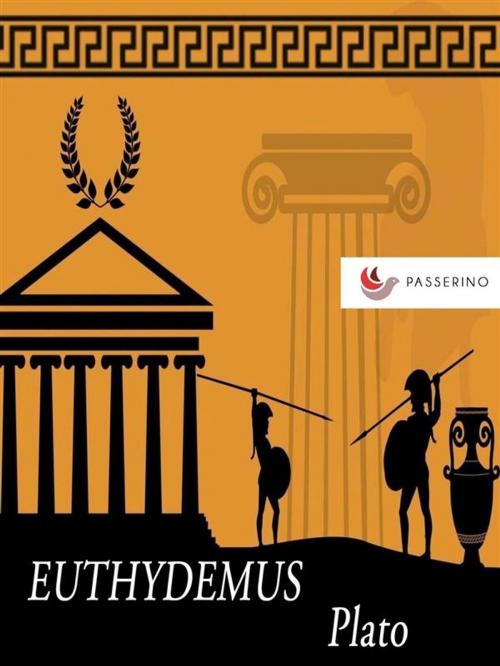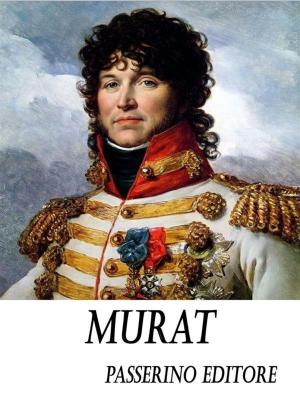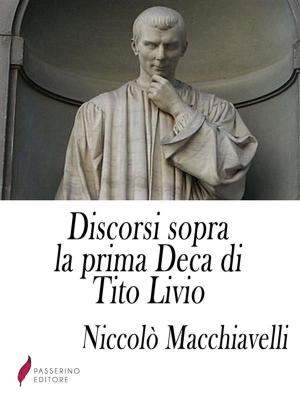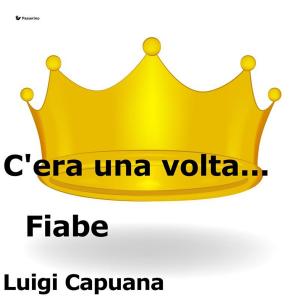| Author: | Plato | ISBN: | 9788832583373 |
| Publisher: | Passerino | Publication: | April 20, 2019 |
| Imprint: | Language: | English |
| Author: | Plato |
| ISBN: | 9788832583373 |
| Publisher: | Passerino |
| Publication: | April 20, 2019 |
| Imprint: | |
| Language: | English |
Euthydemus, written c. 384 BC, is a dialogue by Plato which satirizes what Plato presents as the logical fallacies of the Sophists.
In it, Socrates describes to his friend Crito a visit he and various youths paid to two brothers, Euthydemus and Dionysodorus, both of whom were prominent Sophists from Chios and Thurii.
The Euthydemus contrasts Socratic argumentation and education with the methods of Sophism, to the detriment of the latter.
Throughout the dialogue, Euthydemus and Dionysodorus continually attempt to ensnare Socrates with what are presented as deceptive and meaningless arguments, primarily to demonstrate their professed philosophical superiority.
As in many of the Socratic dialogues, the two Sophists against whom Socrates argues were indeed real people. Euthydemus was somewhat famous at the time the dialogue was written, and is mentioned several times by both Plato and Aristotle. Likewise, Dionysodorus is mentioned by Xenophon.
Translated by Benjamin Jowett
Plato (428/427 or 424/423 – 348/347 BC) was a philosopher in Classical Greece and the founder of the Academy in Athens, the first institution of higher learning in the Western world.
Euthydemus, written c. 384 BC, is a dialogue by Plato which satirizes what Plato presents as the logical fallacies of the Sophists.
In it, Socrates describes to his friend Crito a visit he and various youths paid to two brothers, Euthydemus and Dionysodorus, both of whom were prominent Sophists from Chios and Thurii.
The Euthydemus contrasts Socratic argumentation and education with the methods of Sophism, to the detriment of the latter.
Throughout the dialogue, Euthydemus and Dionysodorus continually attempt to ensnare Socrates with what are presented as deceptive and meaningless arguments, primarily to demonstrate their professed philosophical superiority.
As in many of the Socratic dialogues, the two Sophists against whom Socrates argues were indeed real people. Euthydemus was somewhat famous at the time the dialogue was written, and is mentioned several times by both Plato and Aristotle. Likewise, Dionysodorus is mentioned by Xenophon.
Translated by Benjamin Jowett
Plato (428/427 or 424/423 – 348/347 BC) was a philosopher in Classical Greece and the founder of the Academy in Athens, the first institution of higher learning in the Western world.















